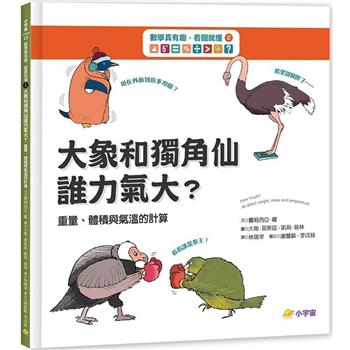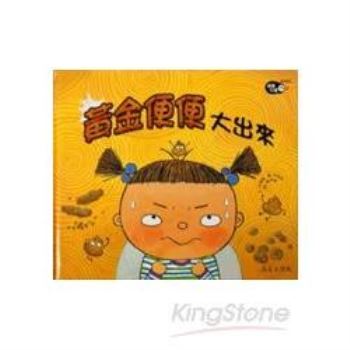| FindBook |
|
有 4 項符合
Nikiema的圖書 |
 |
$ 608 | Psyche & Silicon - The interplay of artificial intelligence & human psychology
作者:Nikiema 出版社:Self Publishing 出版日期:2025-05-25 語言:英文 規格:平裝 / 170頁 / 22.86 x 15.24 x 0.99 cm / 普通級/ 初版  看圖書介紹 看圖書介紹
|
 |
$ 608 | The Credit Conundrum: Psychological principles of personal finance & Credit Management
作者:Nikiema 出版社:Self Publishing 出版日期:2024-09-09 語言:英文 規格:平裝 / 192頁 / 22.86 x 15.24 x 1.12 cm / 普通級/ 初版  看圖書介紹 看圖書介紹
|
 |
$ 608 | The Enterprise Shield - A Guide to Preventing Legal Battles
作者:Nikiema(Vence Athans) 出版社:Self Publishing 出版日期:2024-09-04 語言:英文 規格:平裝 / 184頁 / 22.86 x 15.24 x 1.07 cm / 普通級/ 初版  看圖書介紹 看圖書介紹
|
 |
$ 2640 | Access to microcredit and household living conditions in Burkina Faso
作者:Nikiema 出版社:Our Knowledge Publishing 出版日期:2024-01-20 語言:英文 規格:平裝 / 76頁 / 22.86 x 15.24 x 0.46 cm / 普通級/ 初版  看圖書介紹 看圖書介紹
|
|
|
|










